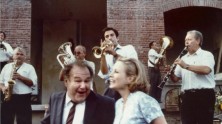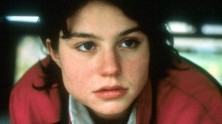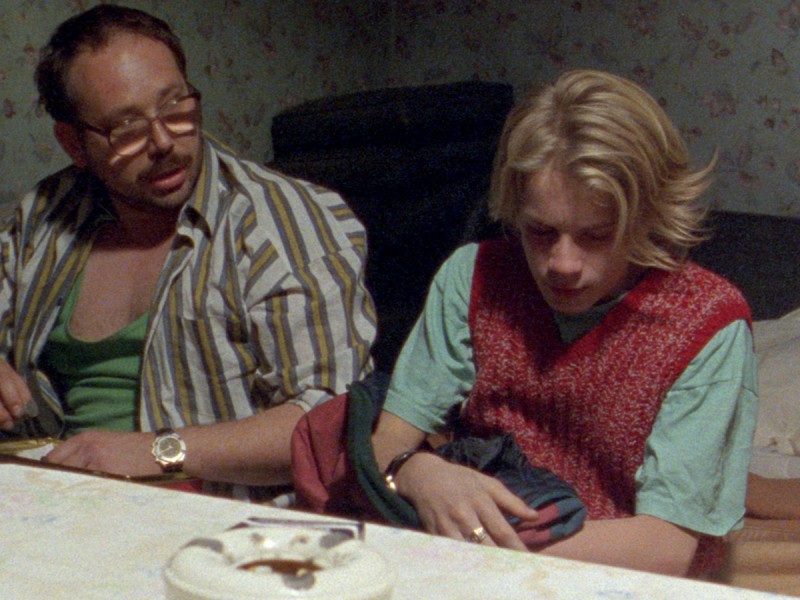
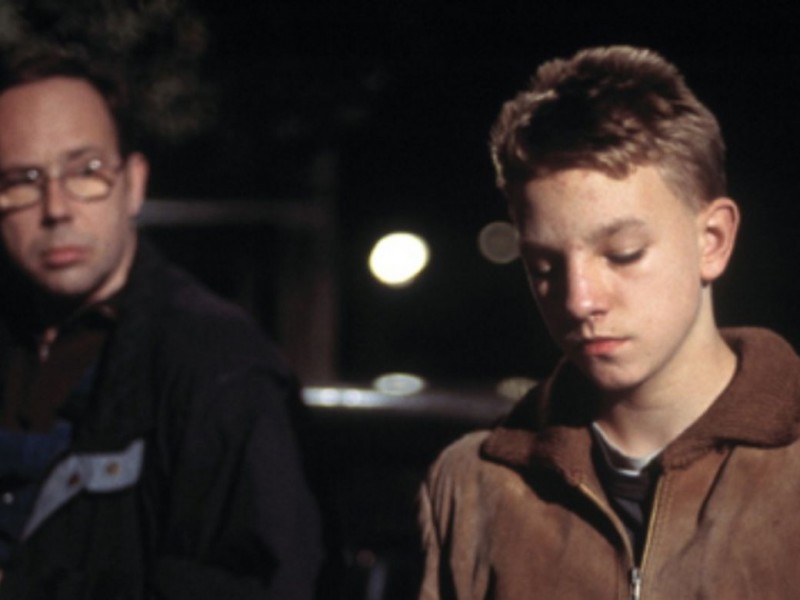
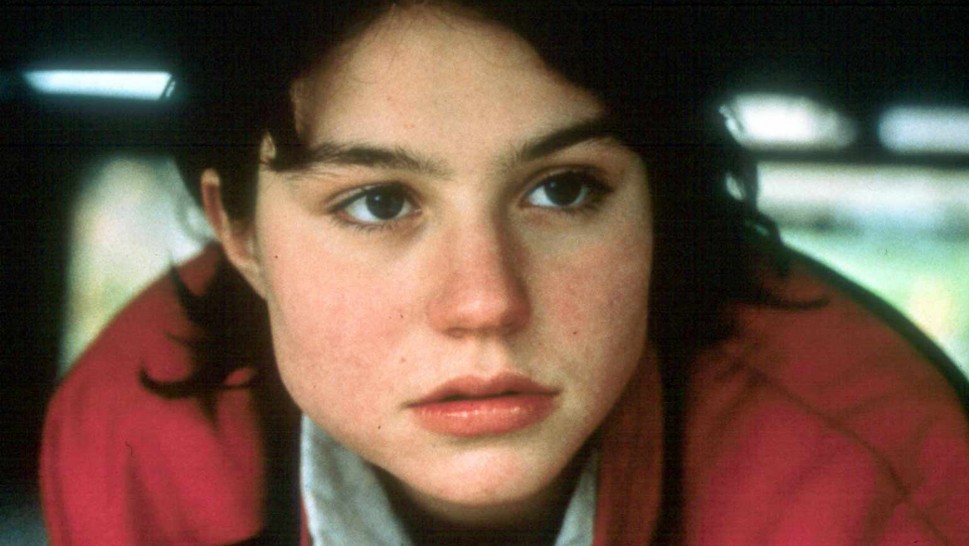
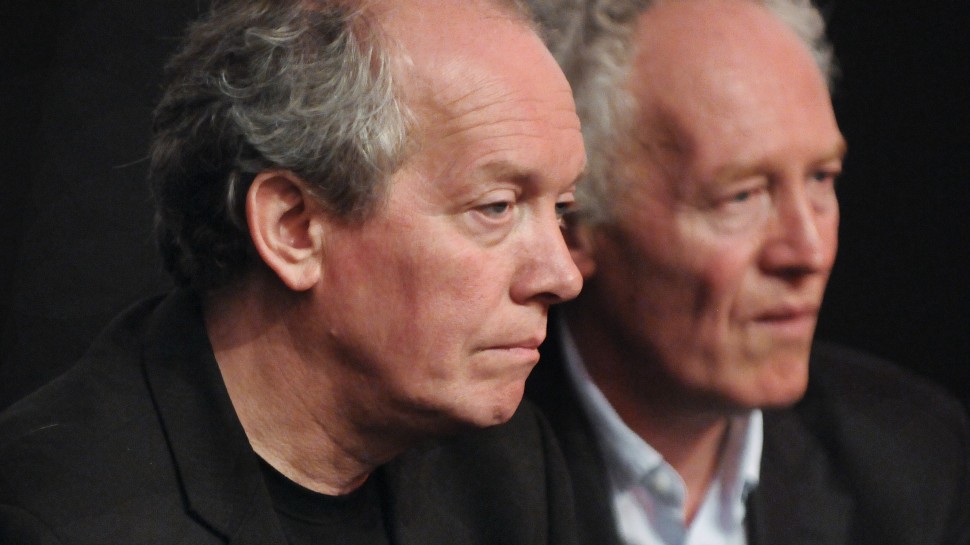
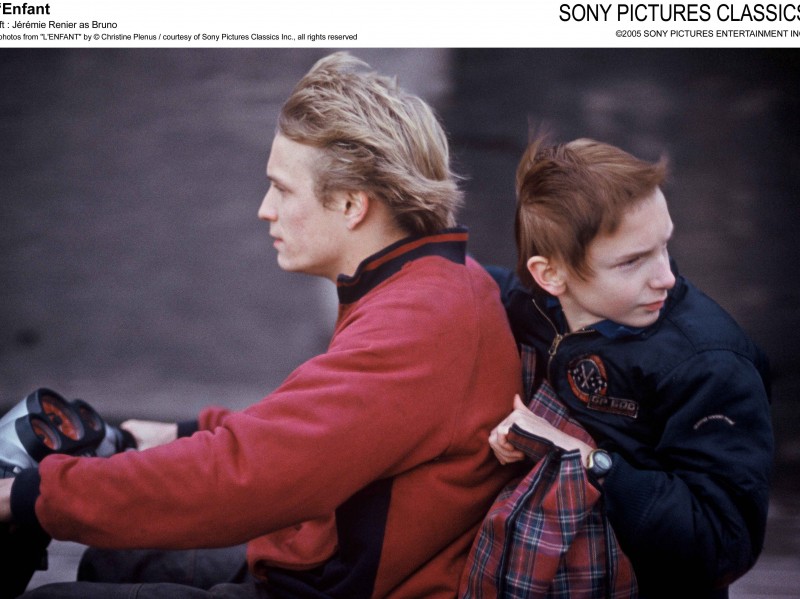
Realism Reinvented: The Cinema of Jean Pierre and Luc Dardenne
The deeply influential Belgian filmmakers Jean-Pierre (b. 1951) and Luc Dardenne (b. 1954) are frequently named as heirs to a long lineage of European realist cinema, with their celebrated quartet of recent films - La promesse (1996), Rosetta (1999), The Son (2002) and The Child (2005) - triggering, for example, automatic citations of British kitchen sink drama and Italian neo-realism. Yet a far more instructive and insightful understanding of the Dardenne brothers’ films is obtained by reexamining the longer trajectory of their collaborative careers as a writer-director team. Indeed, the signature handheld immediacy and radically minimal narratives shared by the four latest films—and a major source of their raw power—draw specifically and more importantly from the brothers’ earlier roots in documentary filmmaking and experimental theater.
A closer examination of the Dardenne brothers’ rarely seen early work provides a crucial context for their recent films and a means to trace the gradual distillation of their signature style and thematic concerns. La promesse was the brothers’ third feature and was preceded most notably by a string of formally daring and politically engaged television documentaries, all shot on video and all confronting the issues of labor and the working class so crucial to the Dardennes’ latest work. No less engaged were the brothers’ first narrative features, albeit in radically different ways—turning from an innovative adaptation of a politically allegorical avant-garde stage play in Falsh (1987) to a more classical melodrama of working class struggle in You’re on My Mind (1992). This fascinating passage from documentary urgency through theatrical allegory and melodramatic theatricality contributes significantly to the rare balance achieved in the Dardennes’ recent films between formal experimentation and cinematic social consciousness, between their material weight and transcendental aura.
More closely than classical neo-realism, the Dardennes’ recent films approach the Bresson of Au hasard Balthasar or Mouchette by distilling their stories into almost mythical, mysterious tales of sacrifice and desire while still fully rendering the vivid details of labor and class. The Dardennes, who hail from the industrial suburb of Seraing, on Belgium’s Meuse River, remain fascinated by and committed to the specificities of the class struggle seen through the lens of the every day. In this way films such as The Son and The Child offer a type of transcendental materialism, grounding their clearly spiritual dimensions in a mode of existential parable about awakening political consciousness and the struggle to live, to survive and forgive.


